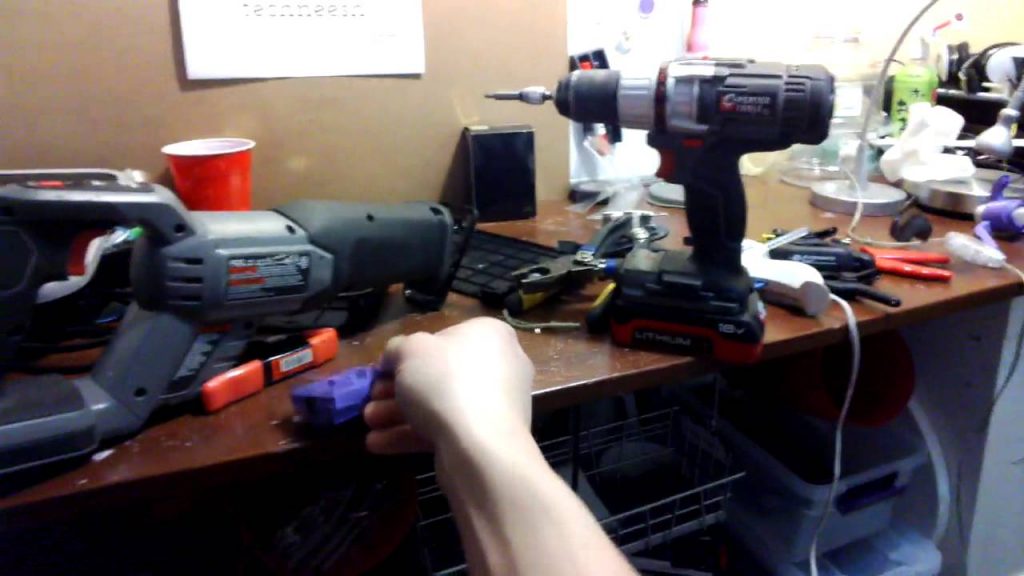One of the greatest debates in the tool industry is whether a corded tool trumps a cordless tool,or vice versa. The answer to the question as to which one is best is, “It depends.” If you are in the market for a new power tool and are on the fence about whether or not to choose a cordless tool over a corded one, we have laid out exactly what you need to know about both before you make your selection.
Convenience vs. Power
The first question which users need to ask themselves is how important convenience is, and how much power they need from their tool. Corded tools trump cordless when it comes to power. Because they can be plugged into an electrical socket, users have an endless supply of power without the risk of running out in the middle of a job. Cordless tools, on the other hand, rely on a battery which, depending on the battery, may or may not deliver the amount of power you need for the length of time required.
- NiCad batteries will lose power if left unused, yet perform better in colder temperatures.
- Li-ion batteries can be left oncharge at all times, though they can suddenly lose power without warning.
With that said, cordless tools are more convenient than their corded counterparts. They can be used anywhere without users having to worry about how far they have travelled from the electrical outlet. Users also do not need to worry about tripping over the cord, and do not have to be concerned about the cord becoming damaged. It is also nice to not have to wrap or wind up the cord after each and every use.
The Tool Type
Another important consideration is the type of tool which you will be purchasing. Some tools are naturally better suited to being corded or cordless, though you should keep in mind that the primary consideration to be made is how much power you will need and for what duration of time.
Makita power tools such as drills, drivers, impact drivers and screwdrivers can be corded, though even the heaviest of users tend to prefer the cordless variety. These tools are smaller and typically do not require a lot of power, making them ideal candidates for being battery-powered. Users also often need to use these tools in awkward positions or in tight spaces where a cord may interfere with their ability to get the job done.
Saws are also a good candidate for being cordless, particularly as a cord may end up accidentally being cut while in use. The type of saw, however, may play a role in whether or not you would prefer it to be corded rather than cordless. A circular saw, for example, usually needs to have a lot of power in order to cut through a thick piece of board. Cordless circular saws are also often outfitted with a smaller blade, so it may not be able to get the job done. Most users of jigsaws also prefer for them to be corded for the very same reasons as apply to a circular saw.

